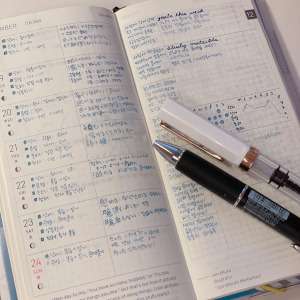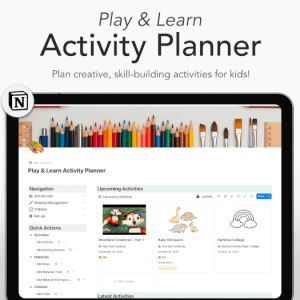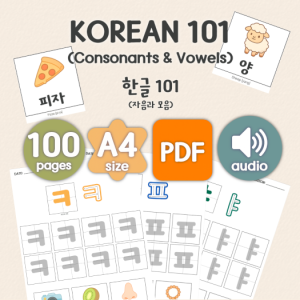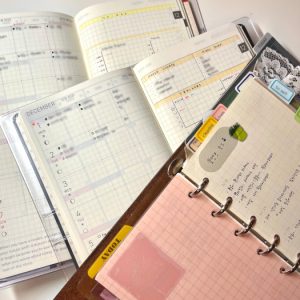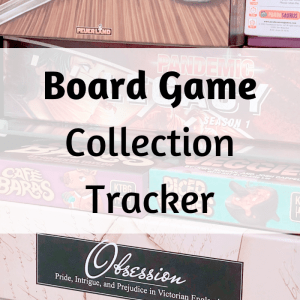JLPT Vocabulary Study: How I Built My Vocab from N5 to N1
One of the areas I had to spend the most time on while preparing for the JLPT was vocabulary. JLPT vocabulary study is not just about passing the vocabulary section—it’s the foundation for doing well across the board. Whether it’s reading, listening, or even grammar, knowing the words gives you the ability to understand the question and choose the right answer. That’s why I treated vocabulary as the core of my study plan. In fact, all that steady practice paid off—I scored a perfect 60/60 in the Language Knowledge (Vocabulary / Grammar) section of the JLPT N1.
If you’re looking for more ways to strengthen your JLPT prep, I’ve written several other posts sharing my strategies, tools, and experiences across different JLPT levels. These articles cover everything from listening practice to grammar review and test-day tips. You can find them all under this tag: JLPT Study Tips.
Table of Contents
How Many Vocabulary Words Do You Need for JLPT?
Before diving into how I studied, it helps to understand the scale of vocabulary needed at each JLPT level. Knowing the approximate number of words you should aim for can help you set realistic goals and track your progress more effectively.
The amount of vocabulary required varies by level, but here’s a rough breakdown:
- JLPT N5: ~800 words
- JLPT N4: ~1,500 words
- JLPT N3: ~3,700 words
- JLPT N2: ~6,000 words
- JLPT N1: 10,000+ words
For JLPT N5, the focus is mainly on daily expressions and basic conversational terms you would encounter in beginner textbooks. By N4, you start seeing more verbs and adjectives that appear in common day-to-day interactions.
At N3, the vocabulary pool expands into more complex grammar structures, work-related conversations, and everyday news articles. N2 vocabulary introduces a lot more abstract expressions, formal terms, and advanced readings like editorials and opinion pieces. Finally, N1 requires the widest range, including rare expressions, formal newspaper language, and academic vocabulary.
It’s important to understand that these numbers are estimates, and the JLPT does not officially release a required word list. However, aiming for these benchmarks provides a solid guideline for study planning.
Even though my final goal was to pass N1, I chose to begin at N5—because I knew that if I skipped the basics, I’d constantly feel like I was patching holes instead of building something solid.
My JLPT Vocabulary Study Journey
Starting from N5: Build a Strong Foundation
I began with N5 and N4 vocabulary books that included example sentences. These books were structured to help you learn 30 words per day, and that became my pace. Starting from the basics was essential—it filled in the gaps and gave me confidence when I moved up to N3.
Scaling Up for N3 to N1
Once I reached N3, I realized I needed more diverse and intensive materials. I switched to using a flashcard app called “회독 JLPT,” which mimics the experience of using physical flashcards. I also incorporated vocabulary directly from JLPT prep books to make sure I wasn’t missing any high-frequency terms. If I encountered vocabulary that wasn’t included in the app, I would jot it down in my traveler’s notebook and review it separately.
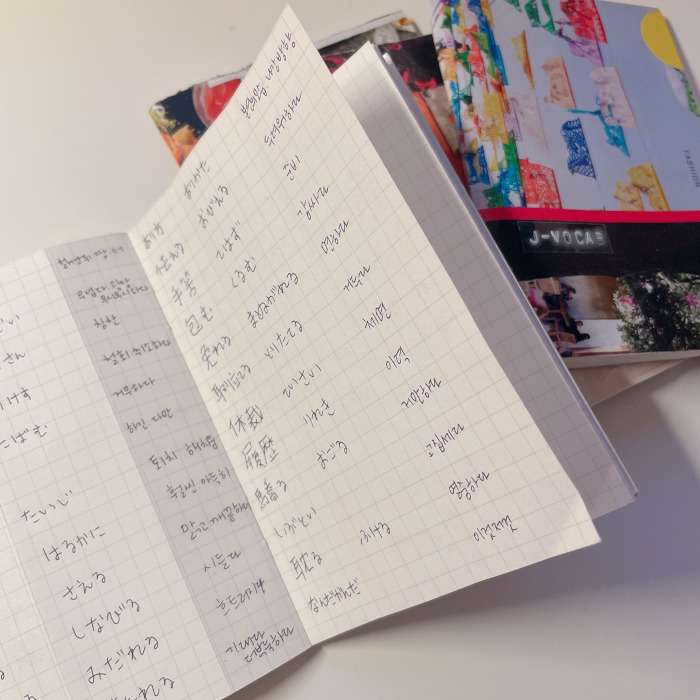
Watching Japanese news and content with subtitles was another part of my strategy. It wasn’t just for immersion—it helped reinforce the vocabulary I was studying. Spotting words I had just reviewed made the process more enjoyable and memorable.
My Step-by-Step Vocab Study Routine
N5–N4 Daily Routine
During the N5–N4 stage, I tried to keep a consistent daily routine to build good habits. In the morning before heading to work, I would sit down and review the vocabulary I learned the day before and study 30 new words. This session only took about 30–40 minutes. Throughout the day, I would try to memorize the new words whenever I could, squeezing in quick reviews during small breaks. After work, I would sit down again for another review session or take small self-tests, which usually took about an hour. This structured but manageable routine helped me steadily grow my vocabulary without feeling overwhelmed.
- Morning review: I’d quickly go over the vocab I studied the day before.
- New words: Study 30 new vocabulary words each day (~30 minutes).
- Examples: Read the example sentences to learn usage and nuance.
- Notebook: Write down the words I found hard to remember in a small notebook (Traveler’s Notebook Passport).
- Reinforcement: Carry the notebook around and look at it throughout the day—before meetings, during lunch, while waiting in line.
- Evening review & self-test: Go over everything once more before bed (~1 hour).
N3–N1 Routine
At this stage, I didn’t stick to a specific routine for morning, daytime, or evening study sessions. Vocabulary study became more of an “any time” habit for me—I would fit it into whatever gaps in my day I could find.
- Flashcard app: Use “회독 JLPT” throughout the day, whenever I had time.
- JLPT books: Transfer vocabulary not covered by the app into my notebook.
- Media: Watch Japanese news or videos with subtitles to naturally absorb vocabulary.
- Notebook checks: Periodically flip through the notebook to refresh memory.
This system helped me stay consistent while adapting to the increasing difficulty of higher levels.
Additional Tips for JLPT Vocabulary Study
In addition to having a solid study routine, there are a few strategies that can make your JLPT vocabulary study even more effective. These tips helped me stay motivated, absorb words faster, and retain them longer. Here are some of the extra methods that made a big difference for me:
- Use materials with example sentences: One of the things that helped me a lot was choosing vocabulary books and apps that included example sentences. Seeing words used in context allowed me to understand their nuance and proper usage, not just memorize definitions. It made it easier to apply the vocabulary when reading or listening to real Japanese.
- Be patient: Building vocabulary takes time, and it can feel slow, especially at first. It’s completely normal to encounter periods when you feel stuck. In those moments, remind yourself that language learning is a long-term investment and consistency is more important than feeling fast improvement.
- Repeat often: Repetition is crucial for long-term retention. Make a habit of reviewing vocabulary several times over spaced intervals. Techniques like spaced repetition systems (SRS) help you review words just before you’re about to forget them, making your memory stronger with less effort.
- Use multiple sources: Diversifying your materials not only prevents boredom but also exposes you to vocabulary used in a variety of real-life situations. JLPT books are great for focused study, but adding real-world materials like podcasts, YouTube channels, and news articles helps you recognize words in different contexts.
- Track your progress: Setting visible goals, such as the number of words learned each week or chapters completed, can provide a sense of achievement and maintain motivation. Small milestones add up and give you proof of your hard work when progress feels slow.
- Make it portable: Studying doesn’t have to be a sit-down task. Having a small notebook or using a flashcard app on your phone means you can study during short gaps in your day—waiting in line, commuting, or during lunch breaks. Frequent exposure in everyday moments helps reinforce what you’ve learned. Building vocabulary takes time, and it can feel slow, especially at first. It’s normal to feel like progress is slow, especially when you’re just starting out. Stick with your daily routine even if you feel you’re not improving immediately. Persistence is the key to seeing results over time.
Frequently Asked Questions (FAQ)
JLPT Vocabulary Basics
⁉️ Are there official JLPT vocabulary lists?
No, the JLPT organization does not release official vocabulary lists. Most lists you find online or in books are based on past exams and estimated word pools for each level.
⁉️ Should I start from N5 vocabulary even if I’m aiming for N2 or N1?
Yes, I highly recommend starting from N5. Building a solid foundation makes it easier to understand complex grammar and texts later on. Even advanced levels assume you already know the basics.
⁉️ Should I study vocabulary separately from grammar for the JLPT?
My recommendation is to prioritize vocabulary first. Vocabulary supports your understanding of grammar structures. However, vocabulary study should be an ongoing part of your entire JLPT preparation—not just a one-time phase.
Study Planning and Time Commitment
⁉️ How many new words should I study per day for JLPT preparation?
Aim for around 30 new words per day if you can manage it comfortably. Adjust based on your schedule and how much time you have before the exam.
⁉️ How long does it take to build enough vocabulary for JLPT N1?
From my experience, it took about 1 year and 8 months to build enough vocabulary to achieve a perfect score (60/60) in the Language Knowledge (Vocabulary/Grammar) section of the JLPT N1.
⁉️ How much time should I spend reviewing vs. learning new words?
Reviewing is even more important than learning new words. New vocabulary is meaningless unless you can recall it later, so dedicate plenty of time to review—ideally just as much, if not more, than learning new words.
Techniques for Retention and Motivation
⁉️ How do you balance new vocabulary learning with reviewing old words?
I always made sure to review old vocabulary daily before learning new words. Keeping a steady cycle of review helped prevent forgetting and made new learning more efficient.
⁉️ How do you keep from forgetting vocabulary over time?
Frequent review and encountering words in different contexts (like news, shows, and practice questions) help solidify them in your memory. Spaced repetition systems (SRS) are also very effective.
⁉️ What do I do if I feel stuck or overwhelmed by vocabulary study?
Feeling overwhelmed is normal! Break your study into smaller goals, mix in easy wins, and remind yourself that consistency beats speed. You’re not alone—everyone hits a wall sometimes.
⁉️ How do you stay motivated when learning so many words?
I wrote a post about this that might help: 5 Strategies That Helped Me Stay Motivated While Learning Japanese. Staying motivated is about building routines, celebrating small milestones, and finding joy in little victories.
Study Tools and Methods
⁉️ Are flashcards enough for learning JLPT vocabulary?
Flashcards are helpful, but they should include example sentences whenever possible. Seeing words used in context builds deeper understanding, making it easier to use them naturally.
⁉️ Should I write down vocabulary manually, or just use an app?
Whatever works best for you! Writing manually takes more time, and personally, it wasn’t my main method. I kept a small notebook for portability, but I mainly relied on apps. Some people find handwriting more effective for memory reinforcement, so it depends on your learning style.
Effective JLPT Vocabulary Study
Vocabulary is not something you can cram in the last few weeks. I tried rushing once before a mock test—and blanked out on words I thought I knew. That’s when I really committed to slow, steady repetition. I realized that JLPT vocabulary study requires a steady, daily effort—but the reward is that it boosts your performance across every section of the exam. By starting from the basics and gradually expanding my study tools, I built a strong and versatile vocabulary foundation. If you’re preparing for the JLPT, start small, be consistent, and don’t give up—your future self will thank you. And if you’re looking for more ways to enhance your study routine, don’t forget to check out my other resources here: JLPT Study Tips.
📖 Must-Read JLPT Study Tips & Strategies
- JLPT Study Planner with Hobonichi: Timeline and Layout Tips
- What to Do After Passing JLPT N1: How I Found New Motivation
- JLPT Test Results: How I Passed JLPT N1
- What to Expect on JLPT Exam Day: My Experience & Helpful Tips
- Improve JLPT Grammar Score: The Power of Reviewing Mistakes
- How to Improve JLPT Listening: Top Strategies & Tips
Looking for more ways to improve your JLPT study routine? Check out all my JLPT Study Tips for in-depth strategies, exam preparation advice, and motivation!

